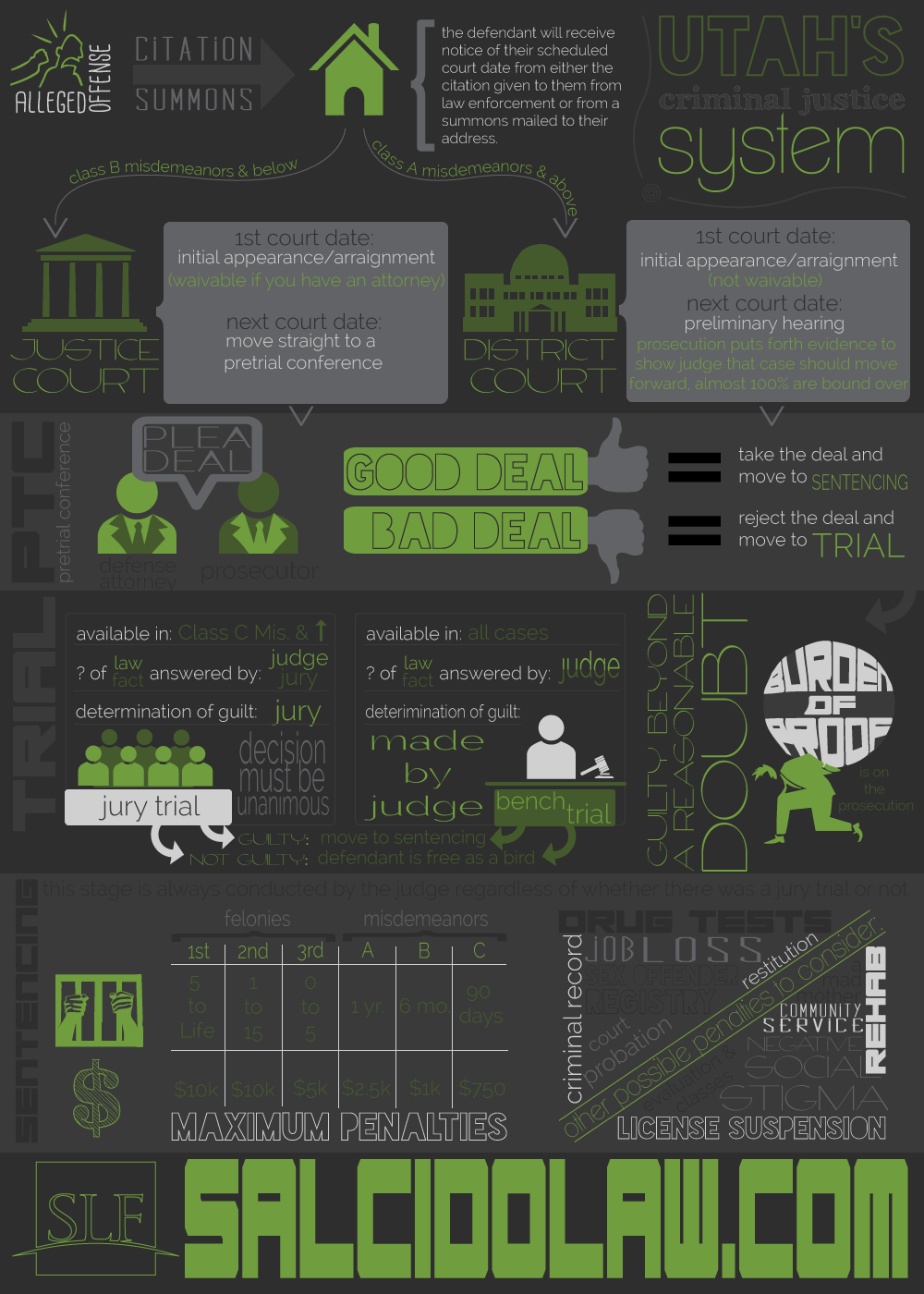The Function Of Evidence In Criminal Defense: Important Facts You Have To Know
The Function Of Evidence In Criminal Defense: Important Facts You Have To Know
Blog Article
Personnel Writer-Pratt Bojsen
When you consider criminal defense, evidence is usually the first thing that comes to mind, and permanently reason. It's the foundation upon which your instance stands, forming the story and influencing the jury's understanding. Various types of evidence, from physical to electronic, each play an unique role in establishing a protection. Yet not all proof is treated just as; admissibility standards can make or damage your defense approach. Comprehending these subtleties is vital, specifically when considering how they can affect the end result of a test. So, what should you know about these standards?
Kinds of Evidence
When it concerns criminal defense, understanding the kinds of evidence can make all the distinction in your case. Evidence comes under several categories, each playing a critical duty in establishing the truths of your scenario.
https://docs.google.com/spreadsheets/d/1tpQ9BKDye24_cXleajOXYq8UbnJpPQwHpiOmx-wXG1Y/edit?usp=drive_link is testimonial proof, which includes declarations made by witnesses. Their accounts can give insight right into what occurred and can either sustain or challenge the prosecution's claims.
https://www.npr.org/2022/06/16/1105291030/scotus-roe-v-wade-abortion-law is one more vital kind, including tangible items like weapons, garments, or fingerprints. This kind of evidence can straight connect you to a crime or help refute claims against you.
Then there's documentary evidence, which includes records, pictures, or any kind of written materials important to your instance. These papers can provide a timeline or context that's essential for your protection.
Last but not least, you can't ignore electronic proof, which includes data from mobile phones, computers, or social media sites. This kind of evidence can disclose critical information regarding your activities or communications.
Admissibility Requirements
In criminal protection, the admissibility of evidence is crucial to your instance's outcome. You'll need to recognize the criteria that establish whether proof can be utilized in court. Normally, evidence must matter, trustworthy, and acquired legally to be considered permissible.
Importance indicates the evidence must directly relate to the situation and assistance confirm or disprove a fact at issue. If it does not attach to your defense or the costs against you, it may be left out.
Integrity makes certain that the evidence is qualified and trustworthy; for instance, eyewitness testament can be cast doubt on if the witness has a history of unstable accounts.
Furthermore, proof should be gathered according to legal treatments. Any type of proof acquired through prohibited means, such as an unlawful search or seizure, might be considered inadmissible under the exclusionary regulation.
Recognizing these criteria can encourage you to work properly with your attorney. They'll browse the intricacies of these regulations to reinforce your protection, guaranteeing only the best evidence is presented in your favor.
Always remember, the admissibility of proof can significantly affect the court's perception of your situation.
Influence On Protection Techniques
The admissibility of evidence straight forms your protection methods. When proof is considered acceptable, you can utilize it to construct a strong instance. Alternatively, if evidence is ruled inadmissible, you need to pivot your technique. Understanding what proof the prosecution can present assists you anticipate their disagreements and prepares you to counter them successfully.
You'll intend to focus on gathering proof that sustains your protection. This might include witness statements, expert statement, or documents that difficulty the prosecution's insurance claims. The goal is to create sensible uncertainty in the minds of the jurors. If certain pieces of proof are weak or controversial, you might take into consideration a technique that emphasizes other solid facets of your situation.
In addition, the type of proof-- whether it's forensic, testimonial, or electronic-- will certainly dictate just how you interact your defense. You'll need to craft compelling narratives that resonate with the jury while using acceptable proof to back up your claims.
Eventually, your method needs to be versatile, allowing you to adapt as new proof emerges or as rulings are made. Each decision you make should align with the goal of making sure the most effective feasible result for your situation.
Verdict
In criminal defense, proof plays a critical role in shaping your instance. By understanding the different kinds of evidence and their admissibility requirements, you can reinforce your protection strategy and produce sensible uncertainty in the minds of jurors. Working together very closely with your legal advice makes sure that your proof exists efficiently and adjusts to any type of new developments during the trial. Inevitably, criminal tax lawyer can make all the distinction in achieving a beneficial outcome.
